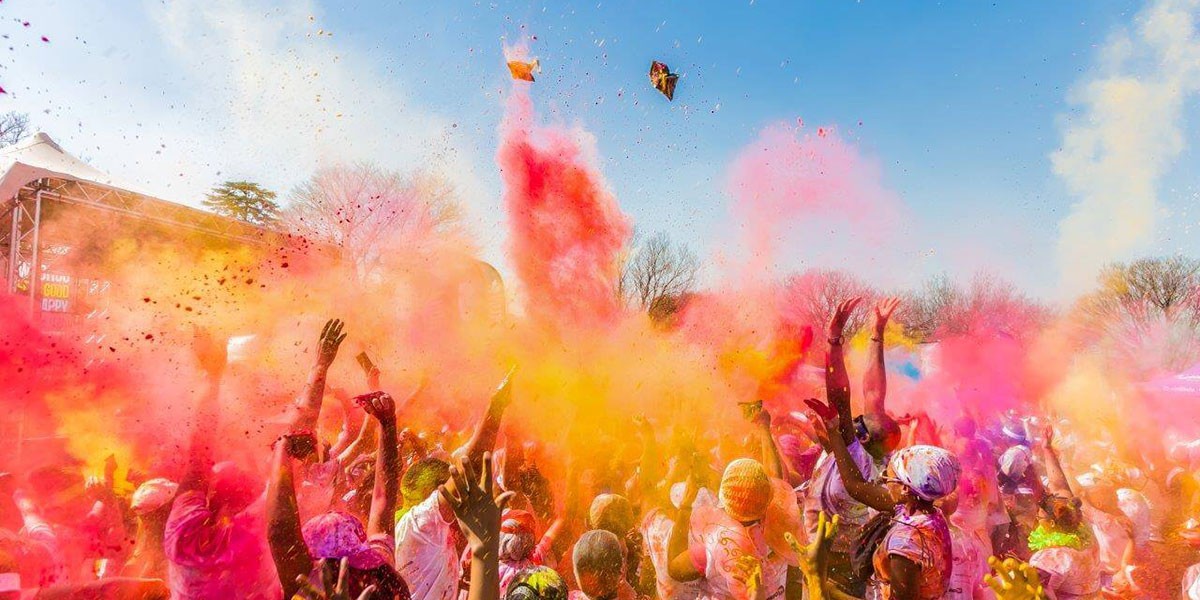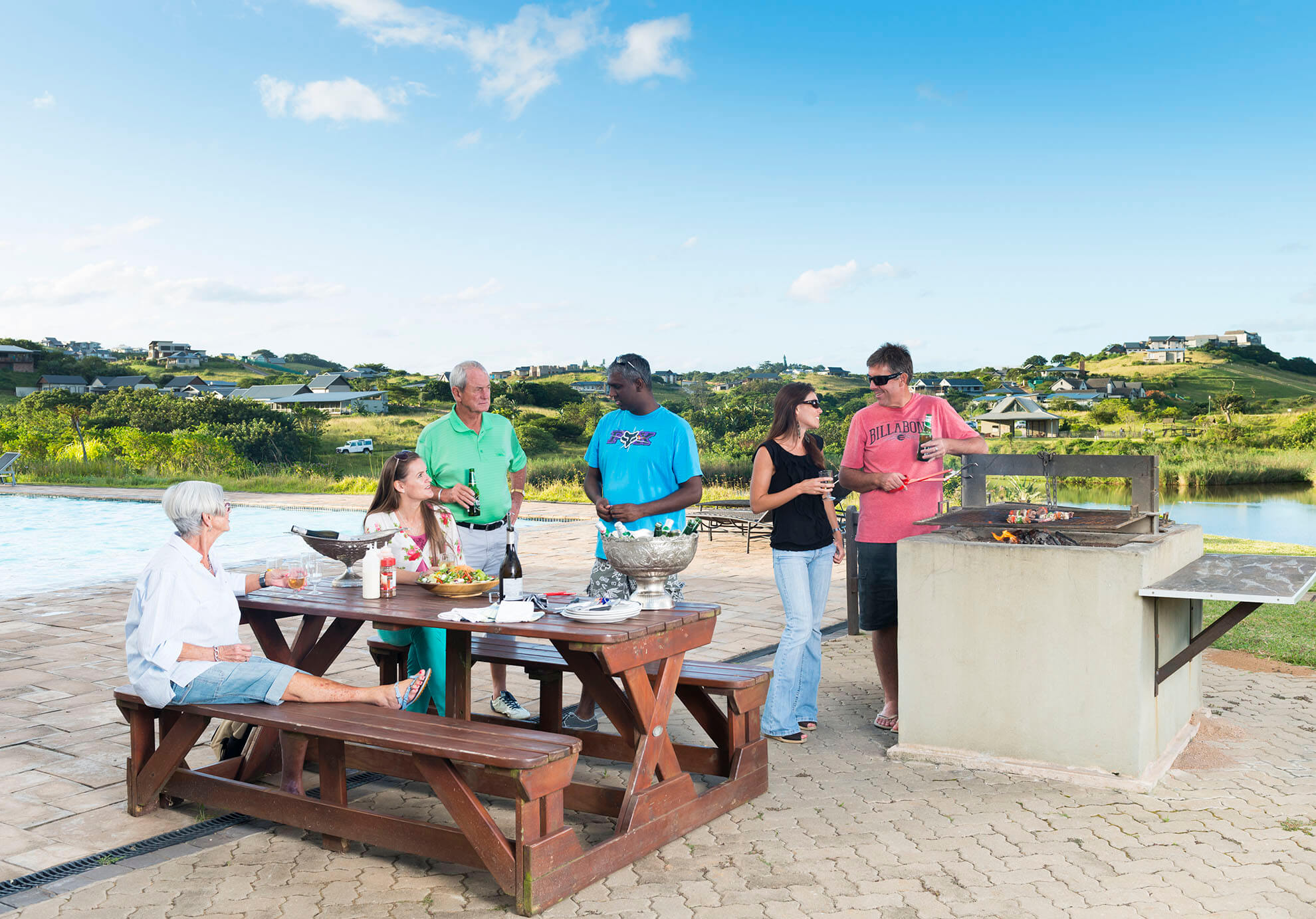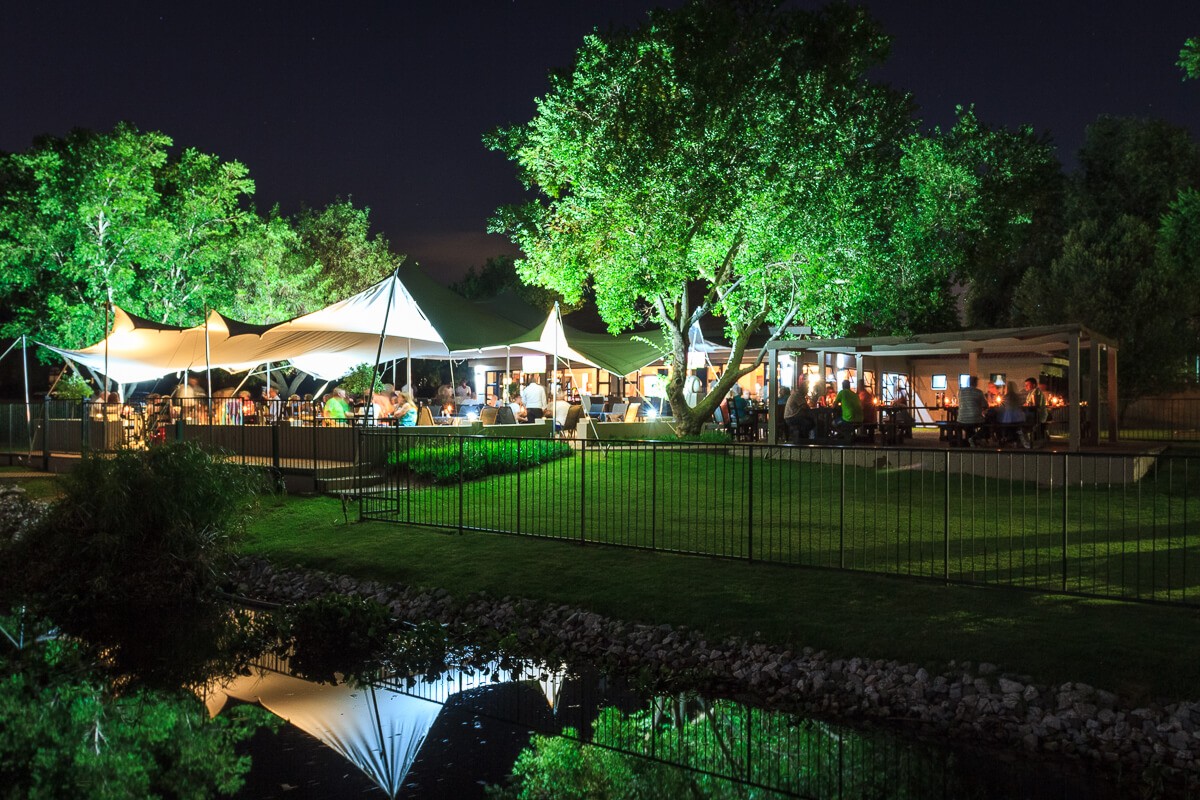Advertisement
September is Heritage Month, and we celebrate Heritage Day on the 24th, so perhaps this is a good time to explore how we, in estates, honour and accommodate the heritage and traditions of all South Africans.
Estates should be spaces where people can express their personal and cultural identities – obviously without offending the neighbours. But it’s easy to slip into a western-centric mindset so it’s important to be aware of the key cultural needs of all residents, and ensure they are accommodated. Some of these needs are simple – like lots of temporary visitor parking from time to time, or sensitively thought out menus – but others may be more complex.
Religious and cultural festivals
Almost all religions have holy days and festivals during the year, so it is important, as a community, to decide whether the estate will acknowledge and honour them. Christmas and Easter are mainstream celebrations, and many estates put up Christmas decorations, have Christmas parties and organise Easter egg hunts. Some even celebrate the pagan festival of Halloween by facilitating estate-wide trick-or-treating. But religious celebrations mean a lot more than decorations, food, presents and costumes.
For a start, Easter is the most significant religious time for Christians, and many Christians also take Christmas very seriously. In fact, some consider the commercialisation of Christmas an affront to the spirit of the commemoration of the birth of Jesus, and many disapprove of the Easter egg hunt because it is originally a pagan ritual. So, even within that one – nationally dominant – religion, there are sensitivities to be aware of.
For Muslims, Eid-ul-Fitr and Eid-ul-Adha are the most important celebrations. Eid-ul-Fitr, usually just called Eid, is a day of celebration after Ramadan. Eid-ul-Adha or bakri Eid is about ten weeks later, and involves animal sacrifice. Both celebrations start with a community-wide morning prayer.
Diwali – the festival of light – is the main Hindu celebration in the year. It is a time for prayer, family and feasting. Fireworks have become an important part of Diwali celebrations, so this can be problematic – as can the use of fireworks for secular celebrations such as New Year.
For community building, why not hold neighbourhood gatherings for Christmas, Eid and Diwali? Everyone loves to share their festivals, but – of course – most people will want to be with their families on the actual celebration day, so plan low-key gatherings for a day or two before or after.
Holy days, prayer and quiet
When planning events – especially important ones like AGMs – be sensitive to the fact that different religion worship on different days. For Christians, Sunday is holy, Friday midday for Muslims, and Friday evening and the whole of Saturday for Jews. Also be sensitive about fasting times, e.g. Ramadan, Lent and Yom Kippur.
Advertisement
Food
Clubhouses, restaurants and function venues are an important part of residential estates, so you should make them as user-friendly as possible for the largest number of people that you can. Of course, when it comes to food, it really is true that you can’t please all of the people all of the time, but you can try. Probably the most important aspect of dealing with dietary restrictions (whether religious, cultural or health-related) is openness and detailed menus. Most restaurants have got into the habit of using icons to indicate food that is vegan or vegetarian, or that contains nuts, wheat or dairy, so it’s a small step to add more icons to indicate for example pork and alcohol. And progressive caterers are starting to present mostly vegetarian food with tasty meat dishes on the side for those who choose to eat it.
Weddings and funerals
Weddings and funerals are important rites of passage that involve intense emotions, significant rituals and huge gatherings of friends and family. So – in an enclosed community – they can be disruptive. But they are also a great business opportunity for estate clubhouse and/or function venues, so know your stuff, be sensitive, ask questions and learn as you go along. Funerals are handled differently by different cultures – and different people within those cultures. Most westernised people outsource funerals, either to churches or to dedicated funeral homes, but for many death and its aftermath are a family and community affair.
Muslim funerals are held as soon as possible after death, and nearly always at the next formal prayer time. This means that – in many cases – there will be very little warning. As soon as death is confirmed, family members and close friends will start to arrive at the home, and will ensure that the funeral takes place promptly. In many cases, friends and family will continue to gather at the home of the deceased to pray every day for the next 40 days.
Traditional African funerals usually involve animal sacrifice. Many people will return to the rural areas for a traditional funeral, but more and more people are severing ties with their traditional homesteads and putting down roots in the city, so this should be considered.
Weddings – and funerals – often require the presence of distant family members so residents may, for a short while, host some of their extended family in their homes – perhaps even sleeping on couches and floors.
Some Hindu, Muslim and/or African weddings require ‘small family gatherings’ at the home for certain stages of the long nuptial process. But small family gatherings can mean 200 people!
Weddings and funerals can be disruptive, but they are events that take place very infrequently, and good planning can minimise any inconvenience to neighbours.
Encourage residents to hold big events, e.g. wedding receptions, in the clubhouse or function venue rather than at their homes. For inevitable large gatherings of people at residents’ homes, organise special parking, and perhaps a shuttle.
Animal sacrifice
Although eating meat is widely accepted in South Africa generally, there are many people – even meat eaters – who are not comfortable with animal sacrifice. However, it is an indispensable part of some religions.
Traditional African religion requires animal sacrifice at significant times like weddings, funerals, and perhaps the birth of children. Usually the sacrifice is held at the ancestral home in the rural areas but, increasingly, city dwellers lose their rural links, and make new ancestral homes in the city. This means that there is – and may continue to be – a growing need for estates to accommodate animal sacrifice. It is important that the sacrifice be performed relatively close to the residence so that some of the blood may be poured into the ground (not a huge amount – it’s symbolic).
For Muslims, Eid requires a sacrifice of goats, sheep, cows, or camels. The sacrifice does not have to be performed at the homestead, and many Muslims will gather at communal facilities or at the homes of family members that are equipped for the purpose. Traditionally the meat is shared: one-third with the needy, one-third with family members, and one-third for the household.
Of course, slaughtering – whether ritual or not – requires suitable facilities and safe and hygenic processes. In some parts of cities, there are communal slaugher facilities where people can carry out their own slaughter and take the meat and/or blood home. It’s worth considering providing small communal slaughter facilities that are kept clean, and meet the requirements of all relevant cultures. This takes up a surprisingly small area, as it’s not a production line but would deal with only one animal at a time.
It would have to be situated in a secluded spot to which animals can be easily transported without disruption. It’s also a good idea to include a cold room for hanging the carcasses temporarily. This may sound strange but, really, it is a very small space that – if properly managed – can be very clean and hygenic, and will produce no smells or other nasties. It needs to be carefully planned.
Bottom line
It’s really all about sensitivity, and a willingness to cater for all residents and visitors. Even as we celebrate ‘braai day’ on the 24th, we should remember that some of our citizens will be doing so with butternuts, mielies and yummy veg kebabs, not spare ribs and pork sausage.





